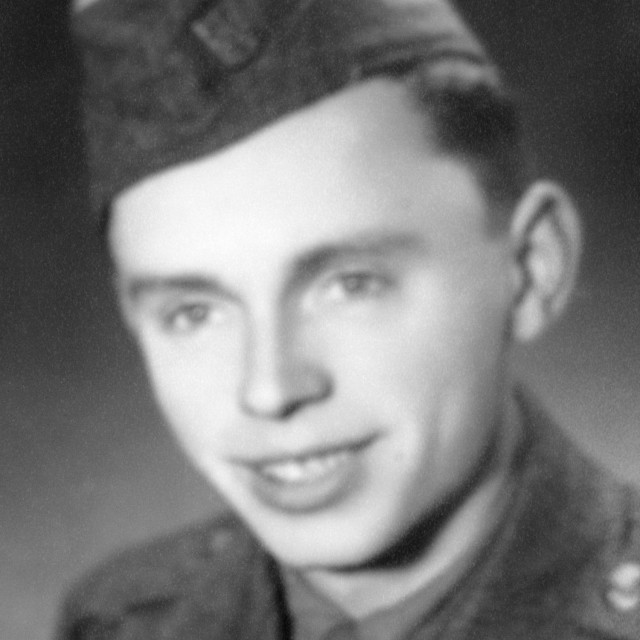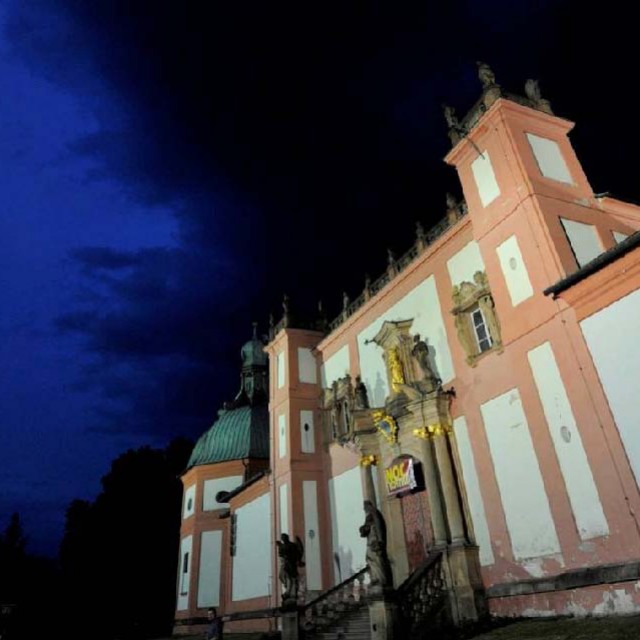The Holy Mass in the Vojna camp
Štěpán Vašíček, a former electro technician, was arrested in 1950 and spent time in countless number of prisons throughout ten years for allegedly aiding in espionage. In the Vojna camp near Svatá Hora, Vašíček witnessed a Holy Mass. The masses were secretly served by priests of the Redemptorist Order that originally used to be seated at Svatá Hora. “I would smuggle altar bread and wine that was provided from an old granny to the camp. A friend from Svatá Hora would supply us with a box of altar bread, 500 Crowns and at least half of a liter of altar wine.” They would hide the altar bread and wine in the mine, buried in sand near the machines or in the high voltage box. The altar wine was smuggled into the camp in little glasses, and the altar bread a piece at a time. The priests would use one little piece of bread for the Mass in the barracks. Sometimes as many as fifty or sixty inmates would squeeze into a single room to take part in the Mass.
Hodnocení
Hodnotilo 0 lidí
Routes
Not a part of any route.
Comments
No comments yet.



